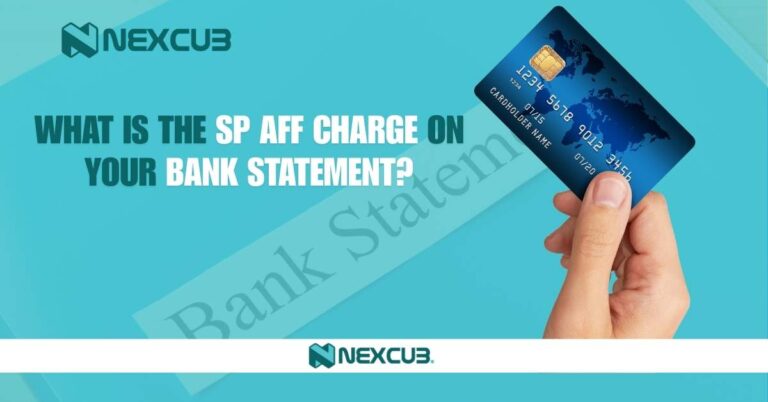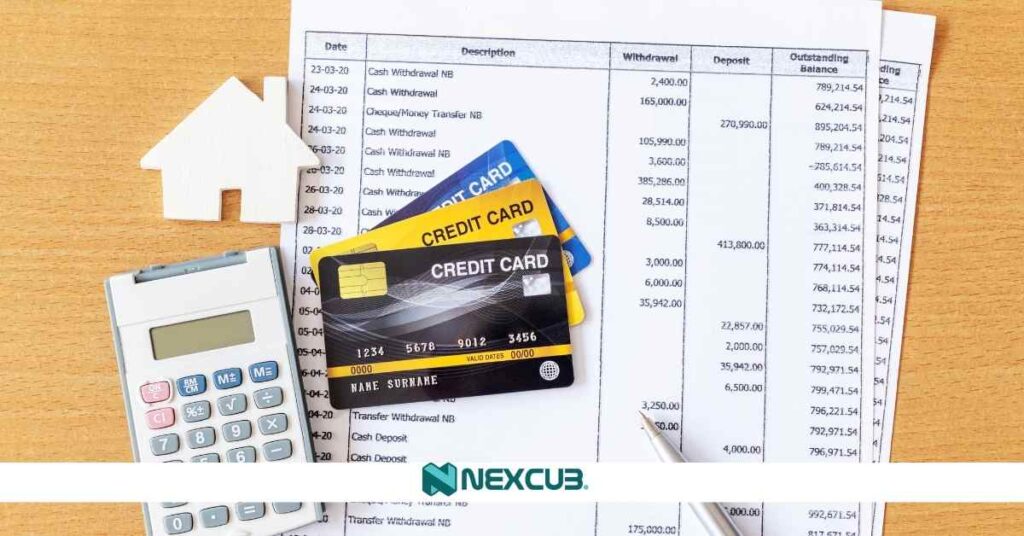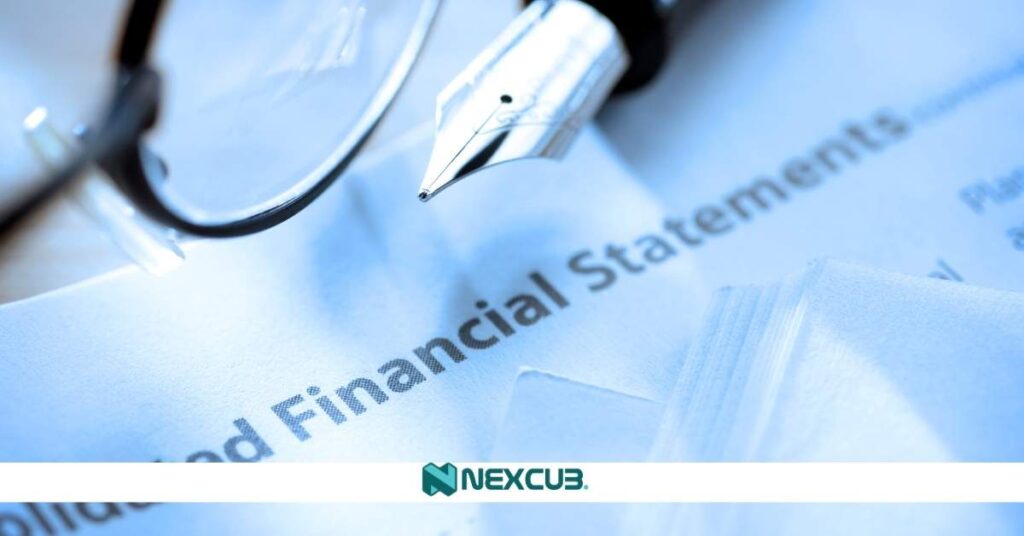Our Location
304 North Cardinal St.
Dorchester Center, MA 02124

Have you ever spotted a mysterious SP AFF charge on your bank statement and wondered what it’s for? These unexpected charges can leave you puzzled, especially if you don’t recall making the transaction. Understanding what this charge represents is key to protecting your finances and avoiding unnecessary stress.
Don’t let confusion over the SP AFF charge catch you off guard! Let’s break down what it means, why it’s there, and how to handle it confidently.
The SP+AFF bank charge is often linked to subscription services, online purchases, or third-party processing fees. It appears on your bank statement when a merchant uses “SP” (short for service provider) and “AFF” (affiliate) to process payments.
These charges might come from a free trial that turned into a paid plan, an online order, or even an accidental subscription. Sometimes, the description can seem vague, leading to confusion. It’s important to verify if the charge is legitimate by checking your transactions or contacting the merchant.
If you don’t recognize the charge, it could also indicate unauthorized activity. Monitoring your statements regularly can help you manage these charges and protect your finances from surprises.
Common sources of SP AFF charges include subscription services, online purchases, recurring payments, and potential unauthorized transactions.

One of the most common sources of SP AFF charges is subscription-based services. These include streaming platforms, software trials, or fitness apps. Often, free trials convert to paid subscriptions if not canceled before the trial ends. If you’ve recently signed up for a service, the charge might be linked to it.
Certain merchants process payments using third-party billing services, leading to charges labeled as SP AFF. This is typical for online retailers, digital goods, or one-time purchases. Check your purchase history to identify if this matches any recent transactions.
Monthly or annual renewals for memberships, digital tools, or entertainment services might appear under SP AFF. These charges can be easy to overlook, especially if you’ve forgotten about an old subscription.
If you don’t recognize the SP AFF charge, it could be a sign of unauthorized activity. Fraudulent transactions sometimes appear with generic descriptions to avoid detection. In such cases, it’s crucial to act quickly by contacting your bank and reporting the issue.
Understanding these sources can help you verify and manage SP AFF charges more effectively.
To avoid unwanted SP AFF charges, monitor your subscriptions closely. Cancel free trials before they auto-renew into paid plans. Keep a list of active subscriptions and review them monthly to ensure you’re only paying for services you use.
Be cautious with online purchases, especially when signing up for offers or deals that might include hidden subscriptions. Read the fine print to avoid accidental enrollments.
Regularly review your bank statements to spot unusual or unexpected charges early. If something looks unfamiliar, act quickly to verify or dispute it. Consider using subscription management apps to track and cancel unwanted services easily. Staying vigilant and organized can help prevent unnecessary charges and protect your finances.
The SP AFF charge is often a payment label tied to subscription services, third-party merchants, or Buy Now, Pay Later (BNPL) programs. Merchants sometimes use abbreviations like “SP” (Service Provider) and “AFF” (Affiliate) in transaction descriptions. These charges can appear vague, making it hard to identify their origin.

Common reasons for this charge include auto-renewed subscriptions, online purchases processed through payment affiliates, or trial periods turning into paid plans. While most charges are legitimate, unrecognized SP AFF entries could also signal unauthorized transactions or errors.
It’s essential to check your bank statement regularly to verify such charges. If the source remains unclear, contact your bank or the listed merchant for clarification or dispute assistance.
Affirm is a popular BNPL (Buy Now, Pay Later) service that allows consumers to make purchases and pay in installments over time. Instead of paying the full price upfront, Affirm breaks the cost into smaller, scheduled payments, often with little to no interest. BNPL services like Affirm are frequently used for online shopping, offering flexibility and affordability.
However, charges from Affirm or BNPL programs can sometimes appear under unfamiliar names, including abbreviations like SP AFF. Always double-check the purchase details and repayment terms to avoid confusion or unexpected costs. If you use BNPL services, set reminders for payments to stay on track and avoid additional fees.
Read: What Is the Sigonfile Charge on Your Bank Statement? Explained
You’ll typically see SP AFF charges on your bank statement when you make payments through third-party services, subscribe to trial offers, or use online platforms that process transactions via affiliates. These charges often appear after a free trial auto-renews into a paid plan or when a subscription starts billing regularly.
SP AFF may also show up if you’ve made an online purchase using a service like Buy Now, Pay Later (BNPL). Sometimes, it represents recurring charges for memberships, digital services, or even one-time payments.
If you spot this charge unexpectedly, check your recent transactions, subscription details, or payment history. It could also indicate an unauthorized transaction, so monitor your accounts closely.

Before using Buy Now, Pay Later (BNPL) services like Affirm, carefully read the terms. Know the repayment schedule, interest rates, and potential fees. Misunderstanding these details can lead to unexpected SP AFF charges.
Regularly review your purchases and subscriptions to ensure you recognize all charges. Use budgeting apps or maintain a manual log to track your spending habits and recurring payments.
Protect your banking details and passwords from phishing scams or unauthorized access. Use strong, unique passwords and enable two-factor authentication for online accounts.
Most banks offer transaction alerts via email or SMS. Activating these can help you spot unfamiliar charges, including SP AFF, as soon as they appear.
Regular credit report checks can help you spot unauthorized accounts or activity linked to BNPL or other services. Free annual credit reports are available from major bureaus.
If you notice an unauthorized SP AFF charge, report it to your bank immediately. They can freeze your account, investigate the transaction, and initiate a dispute if necessary.
Understanding and preventing SP AFF charges is essential for managing your finances effectively. By staying on top of subscriptions, reviewing BNPL terms, securing your personal information, and using transaction alerts, you can avoid unexpected charges. Regularly monitoring your transactions and credit reports ensures you catch any unauthorized activity early. If an unfamiliar charge appears, don’t hesitate to contact your bank to resolve the issue. Staying vigilant and informed helps protect your finances from unnecessary surprises.
SP-AFF on your bank statement typically refers to charges from third-party services or subscription-based merchants. It can also indicate Buy Now, Pay Later (BNPL) transactions.
SP stands for Service Provider, and AFF stands for Affiliate. Together, they often represent a charge processed through a third-party or affiliate service.
SP on a bank statement usually stands for “Service Provider” and indicates that the charge is from a merchant or service you’ve used or subscribed to.
Affirm is a Buy Now, Pay Later (BNPL) service that allows you to pay for purchases in installments. Charges from Affirm will appear on your bank statement if you use their service.